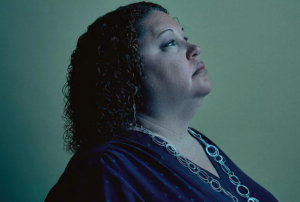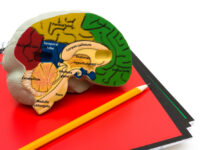From The Guardian: At age 17, Nicole Kluemper came to be one of the most controversial cases in modern psychology when she recovered memories of being abused by her mother. Now, for the first time, she has decided to talk to the media about her story.
-
Memories are a tricky thing. I had to be very careful when helping the one girl in my wife’s system who held the memories of the initial abuse. I didn’t lead or probe. And she could only remember bits and pieces and a few of the threats the abuser had told her. I worked with ONLY what she offered me as I helped her move past the lies so she could heal and safely attach herself to me.
Unfortunately, there is still plenty of ignorance of the subject on both sides of the debate, though I believe the False Memory Syndrome people had ulterior motives to protect the abusers, while the therapists seemed to learn from some of the just criticism lodged at them.
I have other contentions with the therapists of ISSTD over ‘recovered memories’:
From my wife’s experience, it’s pretty clear that memories can be dissociated, but my concern has to do with the methodology ISSTD promotes for ‘recovering’ memories and their ignorance concerning how the people within a d.i.d. system work and how that affects the recovery of memories and the overall health and stability of the system. ISSTD’s method unnecessarily re-traumatizes the person because they do NOT understand how the various people within the system function, sigh…
I would NEVER question the memories of an abuse victim like was done to Kluemper, and I feel badly for her being put under the microscope like that. But my focus with my wife really wasn’t the memories per se, but rather what effect they had on her today. And so I really didn’t care if the memories were accurate, inaccurate or completely fabricated. When it comes to healing, what is important is dealing with the impact of memories, not the accuracy of the memories, so that they can be processed, the lies untangled, and the person can move on.















